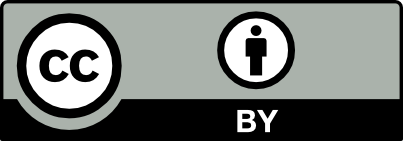Purification of Dairy Wastewaters by Advanced Oxidation Processes and Membrane Filtration
DOI:
https://doi.org/10.14232/analecta.2017.1.32-38Abstract
Membrane separation processes are space and cost-efficient, easy to scale-up operations, which have proved to treat food industrial wastewaters efficiently. Beside the advantages like high separation efficiency without any chemical changes and low energy-intensity, membrane filtration also has drawbacks, like decreased operational efficiency caused by flux decile resulting from fouling and concentration polarization. Combination of oxidation pre-treatment and membrane filtration is a promising method for decreasing fouling due to the physicochemical changes caused by pre-oxidation of the wastewater in structure of colloidal pollutants and in the interactions between the foulants and the membrane material. The aim of this work is to identify the parameters affecting the membrane fouling during treatment of dairy wastewaters, and present the current trends of research in this field.
Downloads
Downloads
Published
How to Cite
Issue
Section
License
Copyright (C) 2024 Authors
This work is licensed under a Creative Commons Attribution 4.0 International License.













